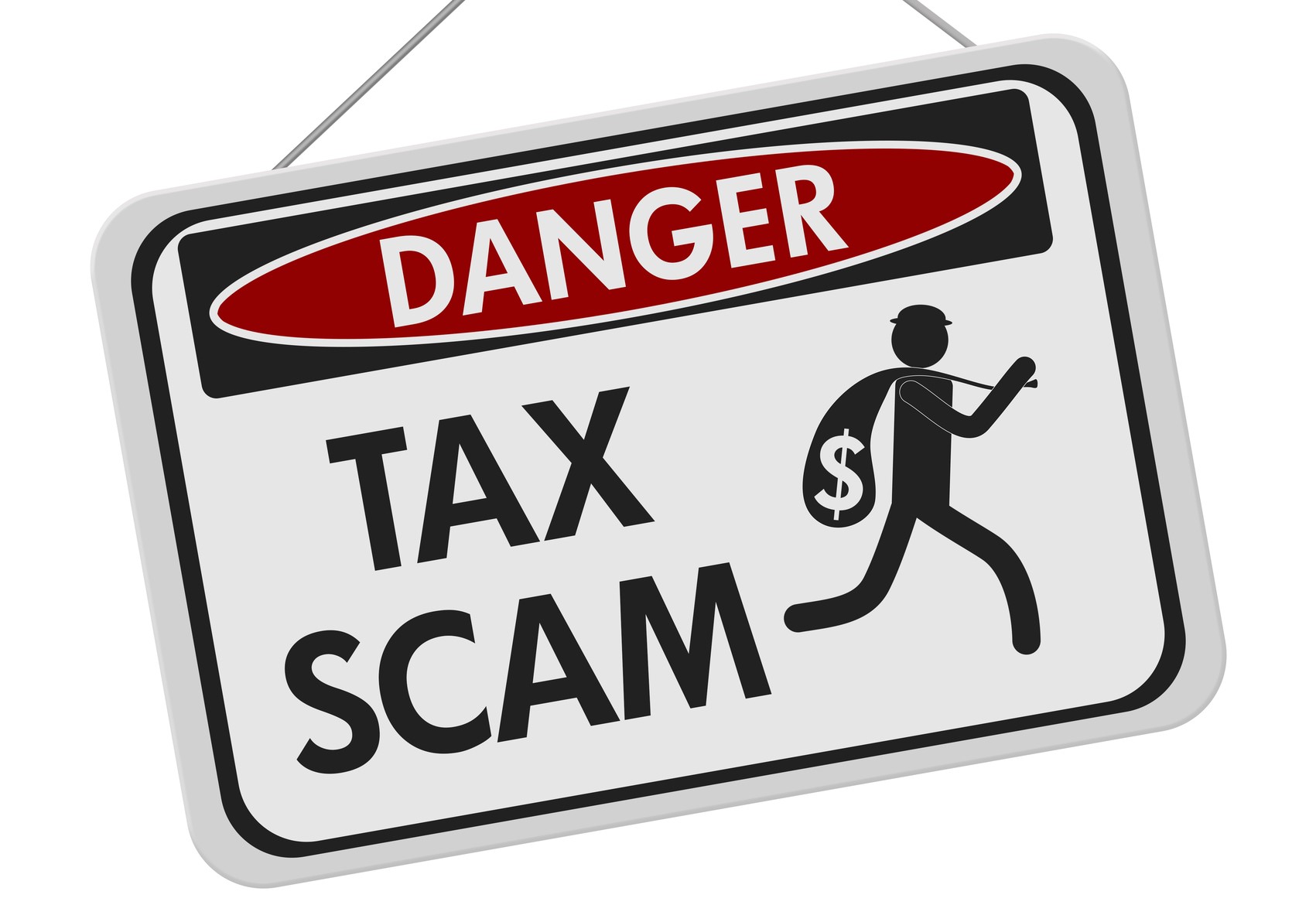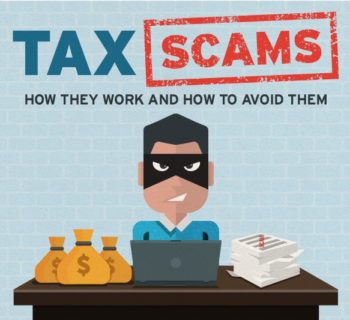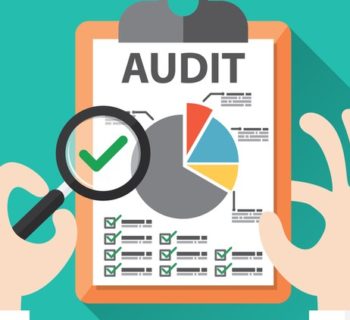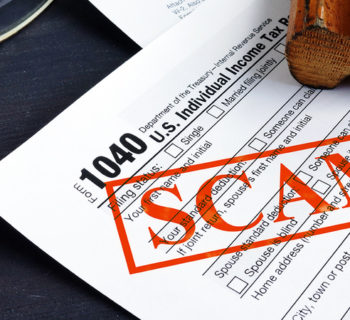The Internal Revenue Service and the Better Business Bureau continue sounding the alarm on the importance of avoiding the myriad of tax scams and schemes this season. This has become especially important as scammers become savvier and more sophisticated in how they leverage technology to take advantage of their victims. According to IRS Commissioner Danny Werfel, "Scammers are coming up with new ways all the time to try to steal information from taxpayers. People should be wary and avoid sharing sensitive personal data over the phone, email, or social media to avoid getting caught up in these scams.”
From “Ghost Preparers” and “Tax Debt Demands” from supposed IRS Agents to “Tax Transcript” email scams and bogus charity donation requests, there is no shortage of scams targeting unsuspected victims. In an effort to obtain sensitive taxpayer information, scammers are even targeting accountants and tax preparers by posing as real taxpayers needing assistance.
Text message scams
According to the IRS, there was an increase in text messages that impersonate the IRS. These scams are sent to smartphones and often a “third round of economic impact payments” and/or "stimulus payments." These messages often contain links claiming to be IRS websites. Keep in mind, the IRS does not use text messages to discuss personal tax issues, such as those involving bills, demanding payment or offering refunds. Additionally, the IRS states that they will not send taxpayers messages via social media platforms and to avoid clicking on any links.
The IRS notes, If a taxpayer receives an unsolicited SMS/text that appears to be from either the IRS or a program closely linked to the IRS, the taxpayer should take a screenshot of the text message and include the screenshot in an email to phishing@irs.gov with the Date/time/time zone they received the text message and the phone number that received the text message.
Telephone Tax Debt Demands
It has become more common for criminals to pose as IRS employees, often calling and demanding immediate payment for so-called outstanding tax debts. These calls are typically aggressive and threatening with the intention of scaring unsuspecting taxpayers into making payments via pre-paid debit cards or money wires. Threats to contact the police, federal law enforcement agencies, and even the filing of lawsuits are common tactics. In an effort to make their threats seem more authentic, scammers have even leveraged technology to display actual IRS Taxpayer Assistance Centers phone numbers on caller id when they call. They often suggest that their potential victim look-up the number online as a way to trick them into believing they are actually speaking to the IRS.
So, how should you handle a call that appears to be a potential scam? The IRS suggests that taxpayers hang up the phone. According to the IRS, they would never call to intimidate, threaten, and demand immediate tax payment. Instead, the IRS generally offers taxpayers various ways to resolve tax liabilities including the opportunity to appeal the amount in question. The IRS suggests that anyone wishing to check their account after receiving this type of call can visit the IRS website at www.irs.gov , register, and view their account.
In addition to scams requesting payments for tax debts, there are also unethical tax preparers, known as “Ghost Preparers,” who can charge fees while posing as legitimate preparers. Rather than signing as your paid preparer, the IRS warns that these “Ghost Preparers” can look to make a fast buck by promising outsized returns or charging fees as a percentage of your refund. Remember, anyone who is paid to prepare or assist in preparing federal tax returns must have a valid Preparer Tax Identification Number or PTIN, and paid preparers must sign the return and include this number.
Ghost Preparers often suggest outrageous tax schemes, require payments for their services to be in cash, and suggest that direct refunds from the IRS be deposited in their own bank account rather than the taxpayer’s account. In order to protect yourself, consider visiting www.irs.gov/tax-professionals/choosing-a-tax-professional for information on selecting the right tax preparer for you.
As noted above, advancements in technology have made it even harder to discern whether correspondence is coming from a trusted source. In the IRS Phishing Scam, what appears to be an official email from the IRS is sent to a taxpayer’s personal or business accounts. Not only do these emails typically feature official IRS logos, they also use official IRS language, often tricking taxpayers into responding with sensitive information. Like other phishing attacks, these emails may also request that recipients click on a link or open an attachment that redirects the victim to a phishing website where malicious software including ransomware could be used to gain control of your computer or access to sensitive information.
According to the IRS, they do not initiate contact by email or social media. Instead, official IRS correspondence will come through paper letters mailed by the U.S Postal Service. Because of this, the IRS suggests the taxpayers avoid providing any personal information via email or clicking on any links or attachments from sources posing as the IRS.
Fake charity donation requests
In addition to tax schemes, the IRS also warns of scams involving the establishment of fake charities. In this case, criminals solicit well-intentioned taxpayers by phone, email, and in person for donations. Additionally, these scams may involve criminals posing as IRS agents and contacting disaster victims to assist in filing a casualty loss claim. The IRS urges taxpayers to be wary of charities with names that resemble nationally-known charity organizations and to visit https://www.irs.gov/charities-non-profits/tax-exempt-organization-search to find legitimate qualified charities.
Kurt J. Rossi, MBA, CFP®, AIF® is a CERTIFIED FINANCIAL PLANNERtm & Wealth Advisor. He can be reached for questions at 732-280-7550, kurt.rossi@Independentwm.com, www.bringyourfinancestolife.com & www.Independentwm.com. LPL Financial Member FINRA/SIPC.













